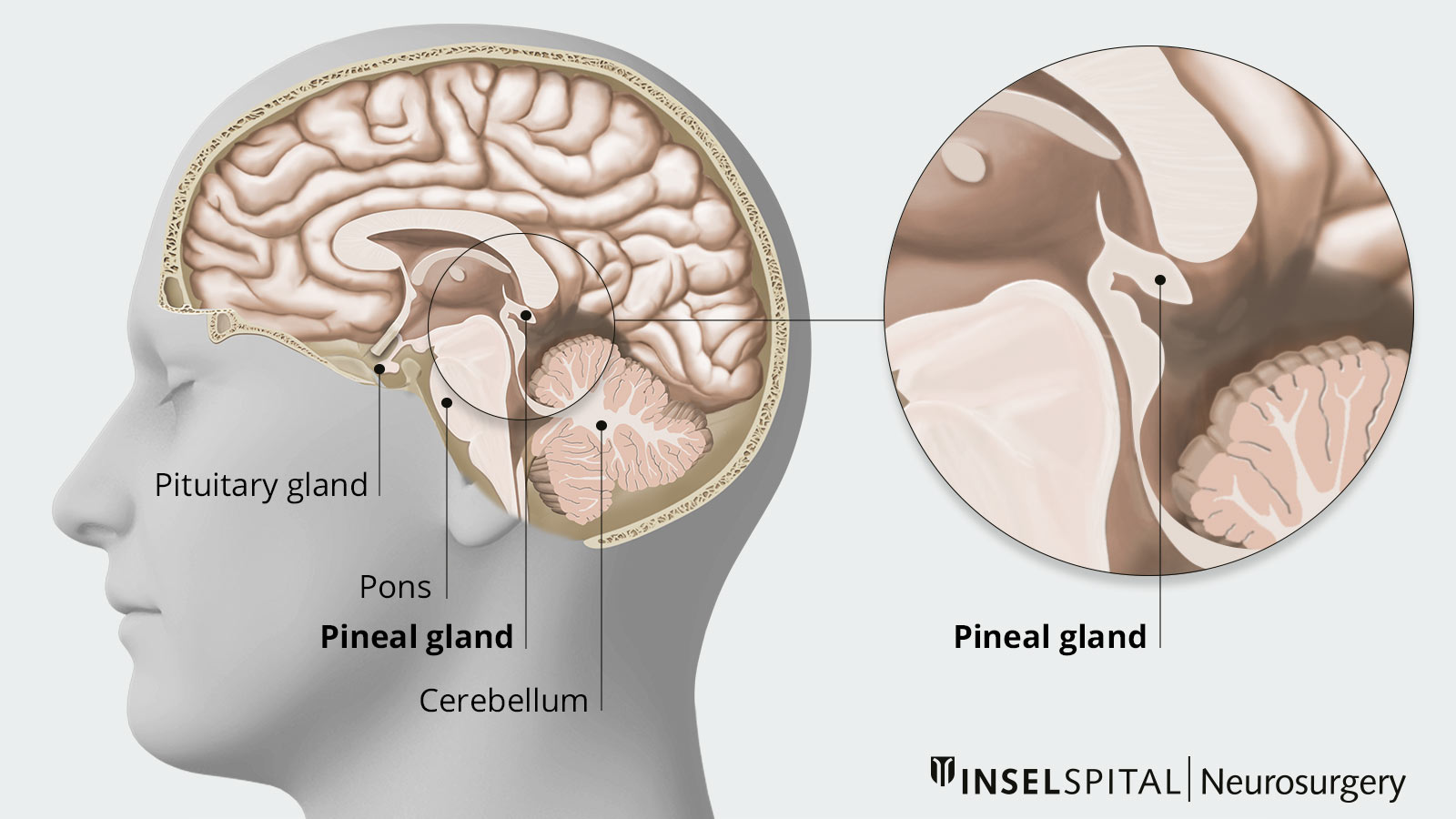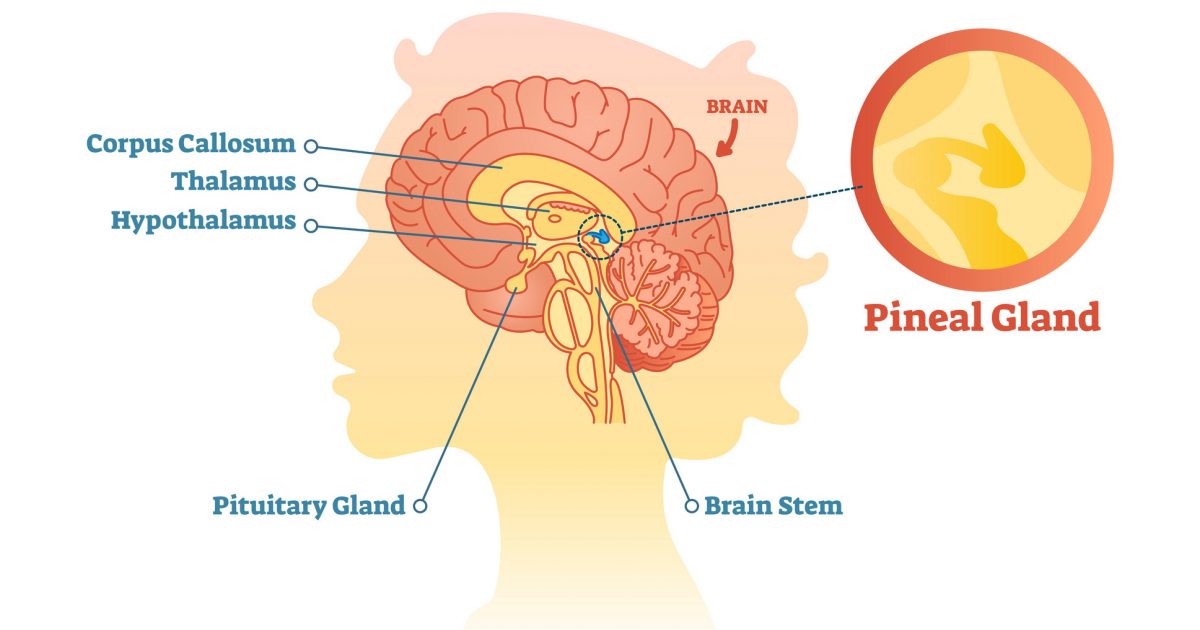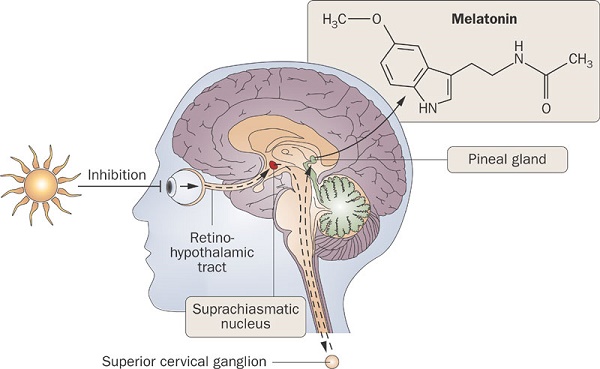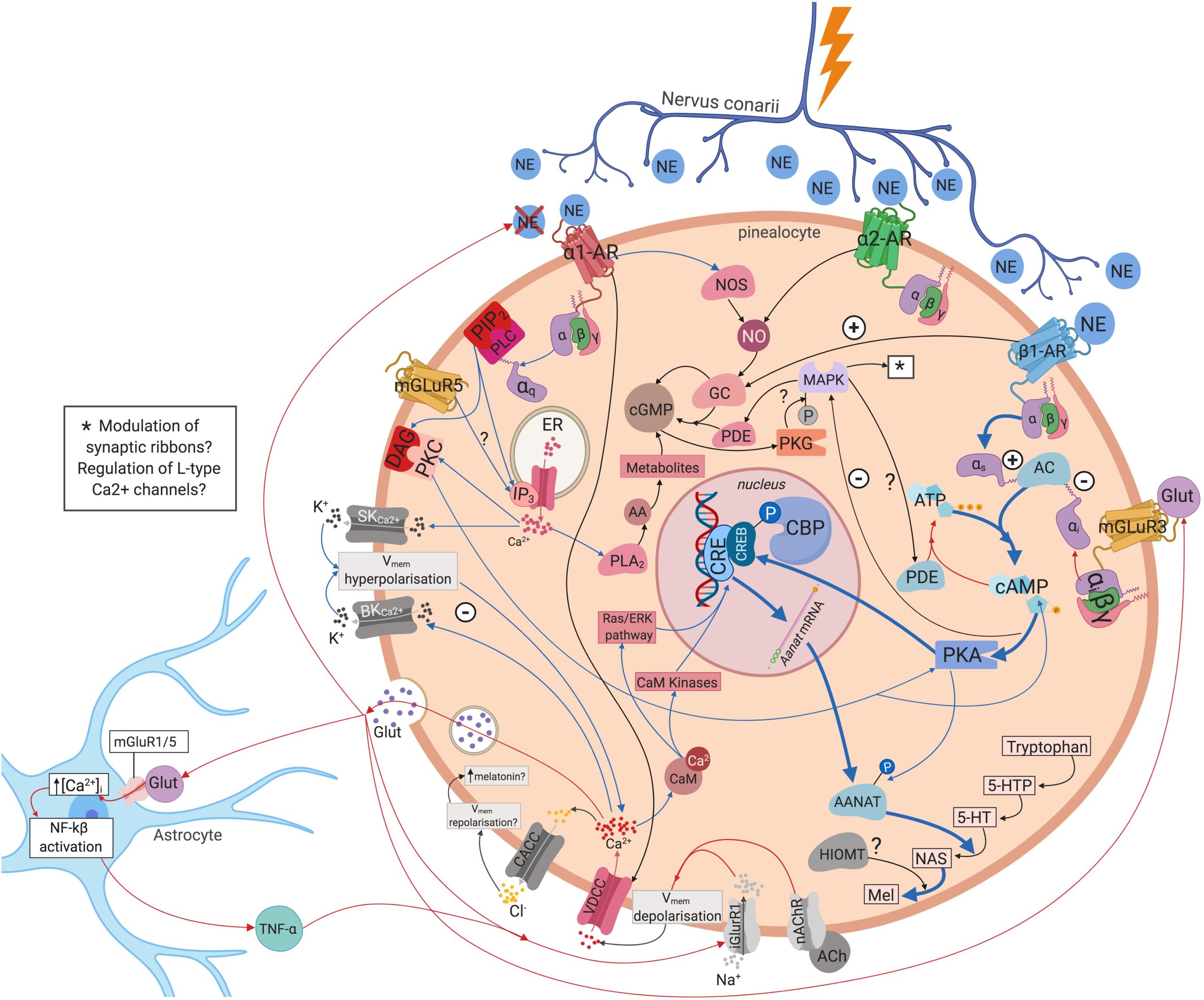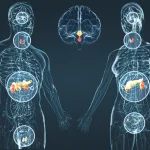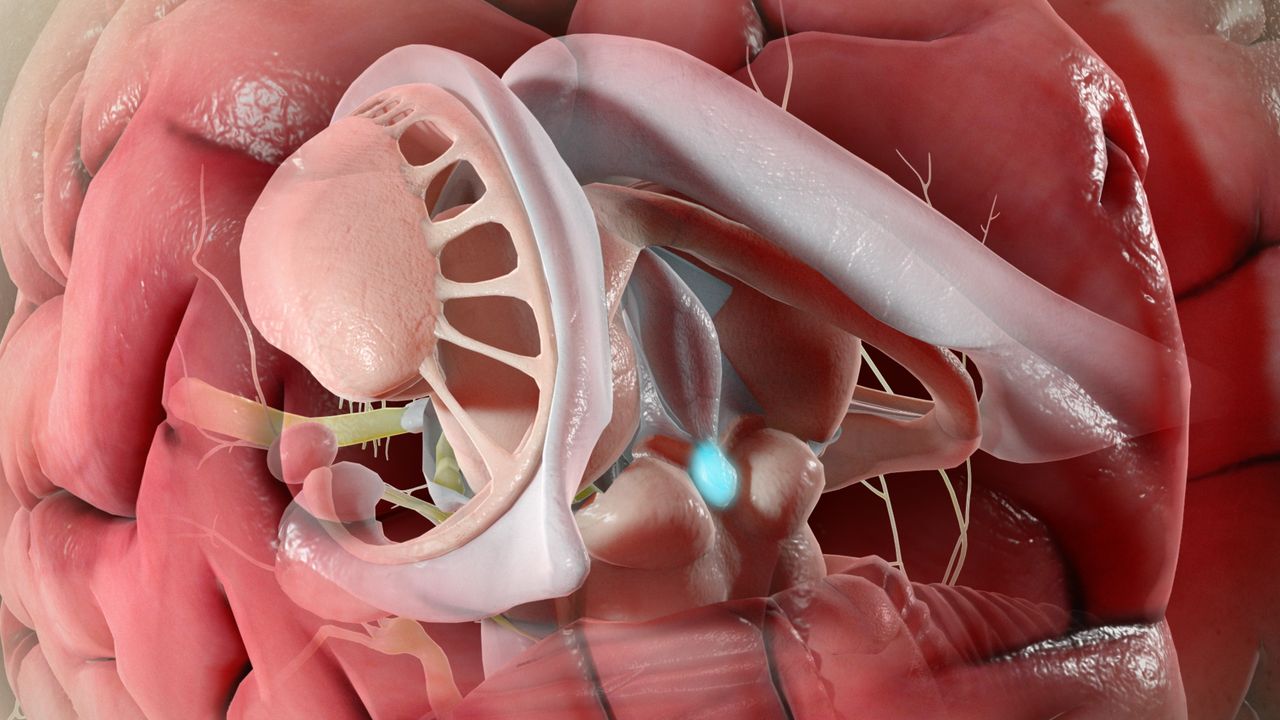
Key facts
- Your pineal gland is a very small gland in the centre of your brain.
- The pineal gland makes a hormone called melatonin.
- Melatonin helps your body control day-night sleep patterns and your internal body clock (circadian rhythms).
- Medical conditions related to the pineal gland aren’t common, but cysts of the pineal gland or pineal gland tumours do sometimes develop.
What is the pineal gland?
The pineal gland is a very small gland found in the centre of your brain. It is shaped like a pinecone, which is where it gets its name.
Your pineal gland is part of your hormonal system.

What does your pineal gland do?
Your pineal gland makes a hormone called melatonin. Melatonin helps your body control:
- day-night sleep patterns
- your internal body clock (circadian rhythms)
Melatonin is mostly made when it’s dark (at night). Your melatonin levels change in a daily and seasonal rhythm.
Melatonin also has an impact on your reproductive system and helps to protect your cells from damage.
What medical conditions can affect the pineal gland?
Medical conditions related to the pineal gland aren’t common. However, cysts of the pineal gland or pineal gland tumours do sometimes develop.
Cysts and tumours may cause symptoms such as:
- a change in vision
- problems with eye movements
- headaches
- nausea and vomiting
- difficulty walking
- problems with balance
- sleeping a lot
- feeling drowsy
Most pineal cysts don’t cause symptoms and are seen on MRI scans that are done for another reason.
If you have a problem with your pineal gland, your doctor will refer you to a specialist for diagnosis and further advice.
